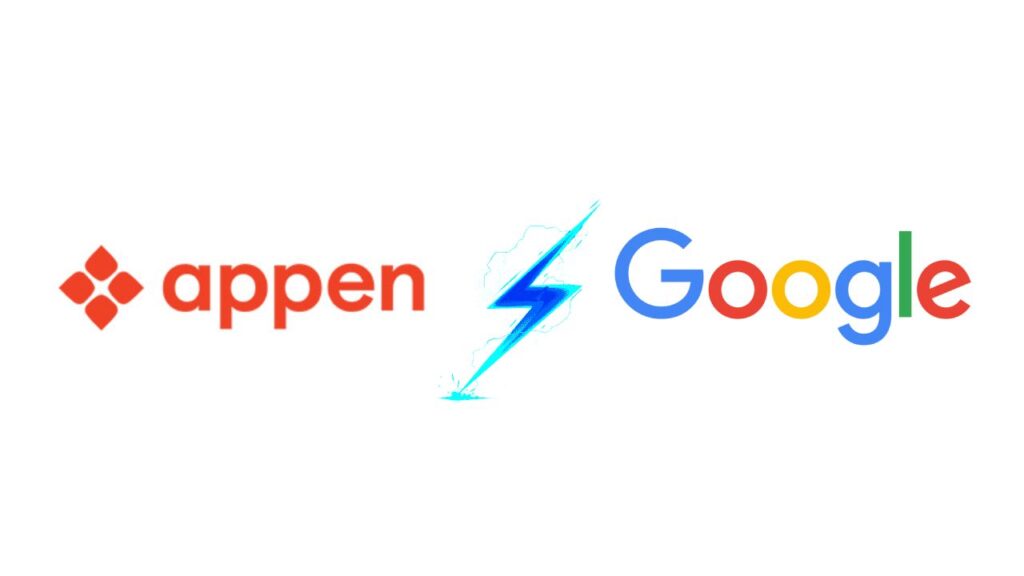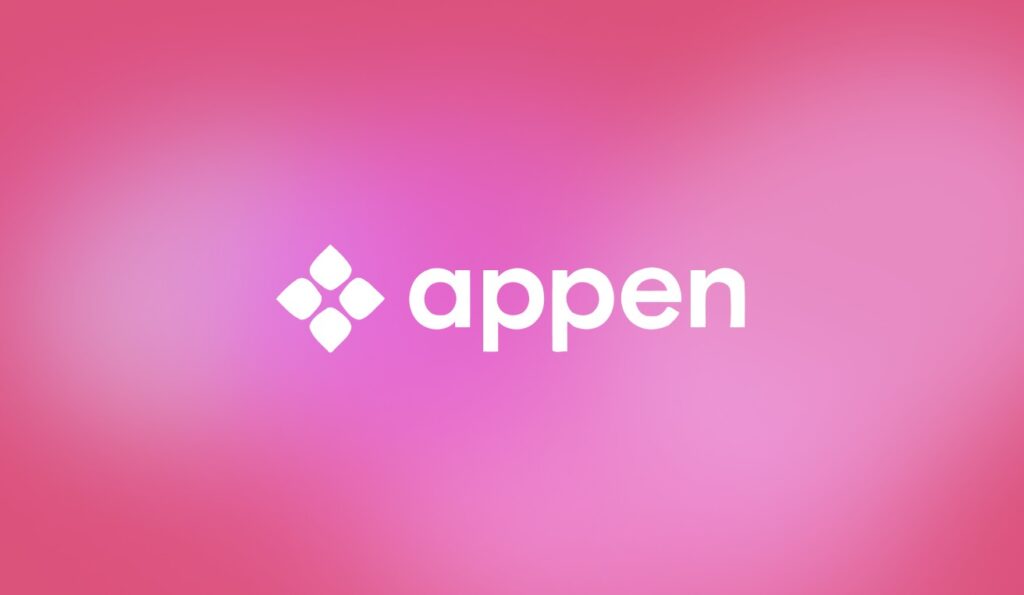In a surprising turn of events, tech giant Google has decided to cut ties with Appen, a major player in the AI data services industry. This decision, announced on January 22, 2024, has sent shockwaves through the tech world and left many wondering about the future of AI development.
| Key Takeaways |
|---|
| Google terminated its contract with Appen on January 22, 2024 |
| Appen provided AI data services worth US$82.8 million to Google in FY2023 |
| All projects will cease by March 19, 2024 |
| Appen’s stock price dropped 40% following the announcement |
| This decision highlights shifts in how tech giants manage AI data services |
Understanding Appen: The AI Data Powerhouse

Appen, founded in 1996 in Sydney, Australia, has been a crucial player in the AI industry for years. Think of Appen as the behind-the-scenes crew that helps make AI smarter. They do this by:
- Collecting data from all over the world
- Organizing information in ways that computers can understand
- Labeling data to teach AI systems what things are
Imagine you’re teaching a robot to recognize cats. Appen would be the company providing thousands of cat pictures, labeled “cat,” so the AI can learn what a cat looks like.
Appen’s Global Reach
Appen’s workforce is truly global:
- Over 1 million flexible workers
- Spread across 130 countries
- Speaking more than 235 languages and dialects
This diverse team helps create AI systems that can understand and interact with people from all corners of the world.
Also read: Thejavasea.me Leaks Aio-tlp – Everything You Need to Know
The Google-Appen Partnership
Google, known for its cutting-edge AI research and products like Google Search and Google Assistant, relied heavily on Appen’s services. Here’s a breakdown of their partnership:
- Contract value: US$82.8 million (A$126 million) in FY2023
- Percentage of Appen’s revenue: 26% came from Google
- Types of projects: Data annotation for various AI initiatives
The Unexpected Breakup
On January 22, 2024, Google dropped a bombshell: they were ending their contract with Appen. This decision caught many by surprise, including Appen itself. Here’s what we know:
- Termination date: All projects to stop by March 19, 2024
- Reason given: Google’s need for “greater efficiency”
- Immediate impact: Appen’s stock price plummeted 40%
This sudden split raises questions about the future of both companies and the AI industry as a whole.
Google’s AI Ambitions
Google’s decision to part ways with Appen doesn’t mean they’re slowing down on AI. In fact, it might signal a shift in their approach. Google continues to focus on:
- Developing AI-powered search features
- Improving their chatbot, Bard
- Creating new AI tools for developers and businesses
An industry expert I spoke with, Dr. Sarah Chen, an AI researcher at Stanford, shared her thoughts: “Google’s move suggests they might be bringing more AI development in-house or exploring new ways to gather and process data. It’s a bold strategy that could pay off if executed well.”
The Impact on Appen
The termination of the Google contract has hit Appen hard. Let’s break down the consequences:
- Massive revenue loss: With 26% of their income gone, Appen faces a significant financial challenge.
- Stock market reaction: The 40% drop in stock price reflects investor concerns about Appen’s future.
- Market position: Appen’s standing in the AI data services market is now uncertain.
Mark Brayan, Appen’s CEO, stated in a recent press release: “While this is a setback, we remain committed to our mission and are actively exploring new opportunities in the AI sector.”
Also read: Shadbase
Appen’s Response Strategy

To address this major setback, Appen is considering several strategies:
- Diversifying their client base
- Developing new AI data services
- Exploring partnerships with emerging tech companies
Industry Implications
The Google-Appen split signals potential shifts in the AI industry:
- In-house data processing: More tech giants might bring data annotation in-house for greater control and efficiency.
- AI data market changes: The demand for external AI data services could evolve, affecting companies like Appen.
- New players emerging: This shake-up might create opportunities for new companies in the AI data space.
Dr. Chen adds, “This could be a turning point for how AI data is sourced and processed. We might see more emphasis on automated data annotation or novel crowdsourcing methods.”
The Future of AI Development
As the dust settles on this major industry shift, several questions arise about the future of AI development:
- How will Google manage its data needs without Appen?
- Will other tech giants follow Google’s lead?
- What new innovations might emerge from this change?
Potential Outcomes
- Accelerated AI development: Google’s move could lead to faster, more efficient AI progress.
- Data quality concerns: Without specialized providers like Appen, maintaining high-quality training data could be challenging.
- Ethical considerations: In-house data processing might raise new questions about AI bias and transparency.
Lessons for the Tech Industry
This situation offers valuable lessons for tech companies and professionals:
- Diversification is key: Relying too heavily on one client or service can be risky.
- Adaptability matters: The tech landscape changes rapidly, and companies must be ready to pivot.
- Innovation never stops: Even established partnerships can be disrupted by new technologies or strategies.
Conclusion
The end of the Google-Appen partnership marks a significant moment in the AI industry. It highlights the dynamic nature of tech relationships and the constant evolution of AI development strategies. As we watch this story unfold, one thing is clear: the world of AI is always changing, and staying ahead requires constant innovation and adaptability.
For students and young professionals interested in AI, this situation underscores the importance of developing a broad skill set and staying informed about industry trends. The future of AI is being shaped by decisions like these, and understanding their implications is crucial for anyone looking to make their mark in this exciting field.






